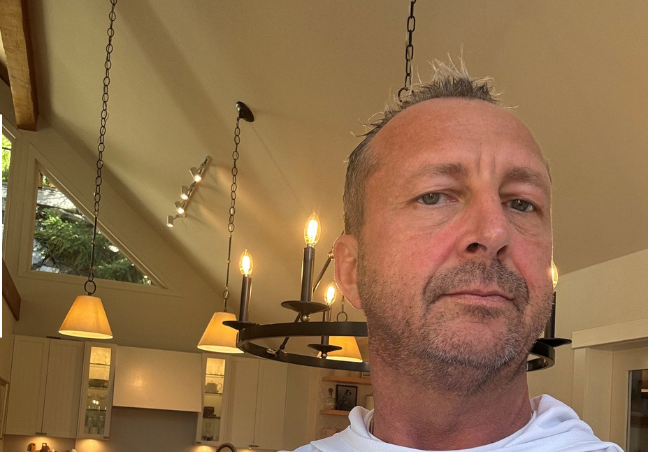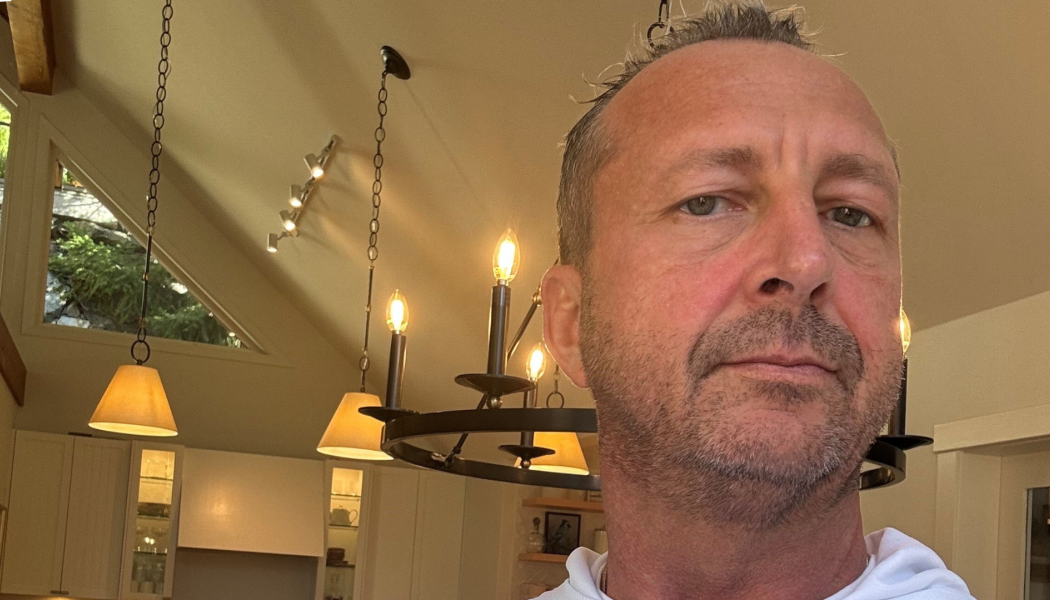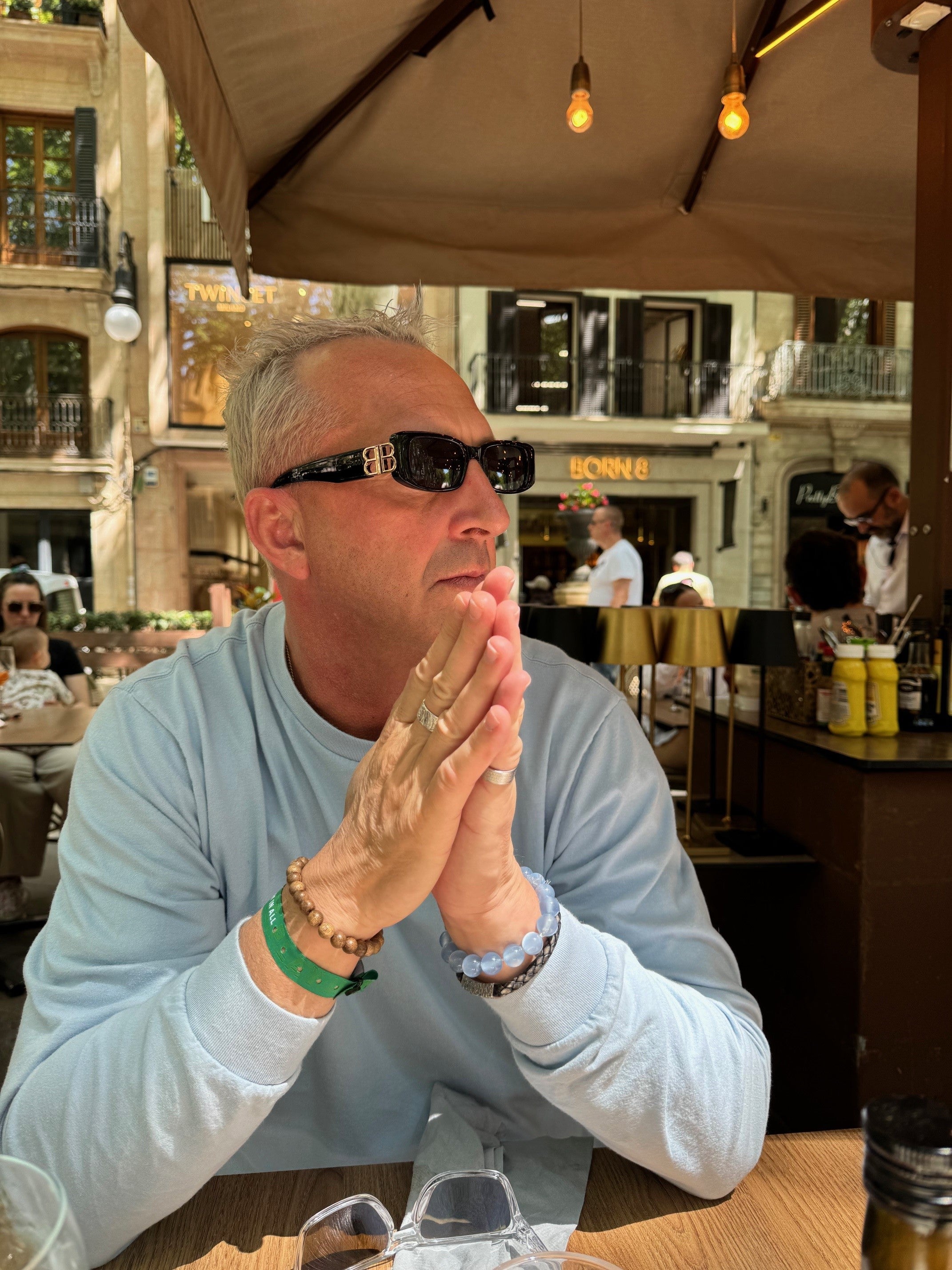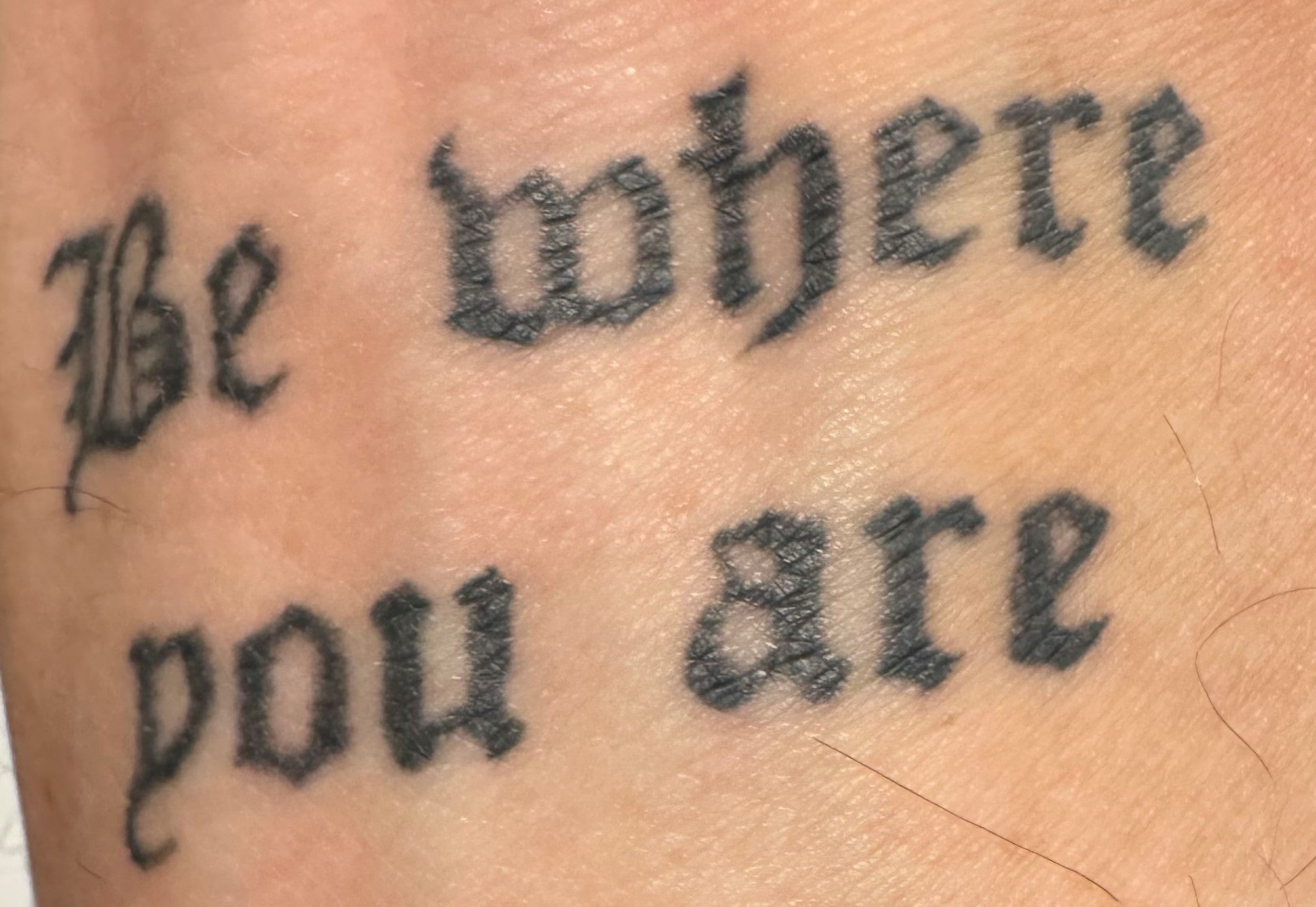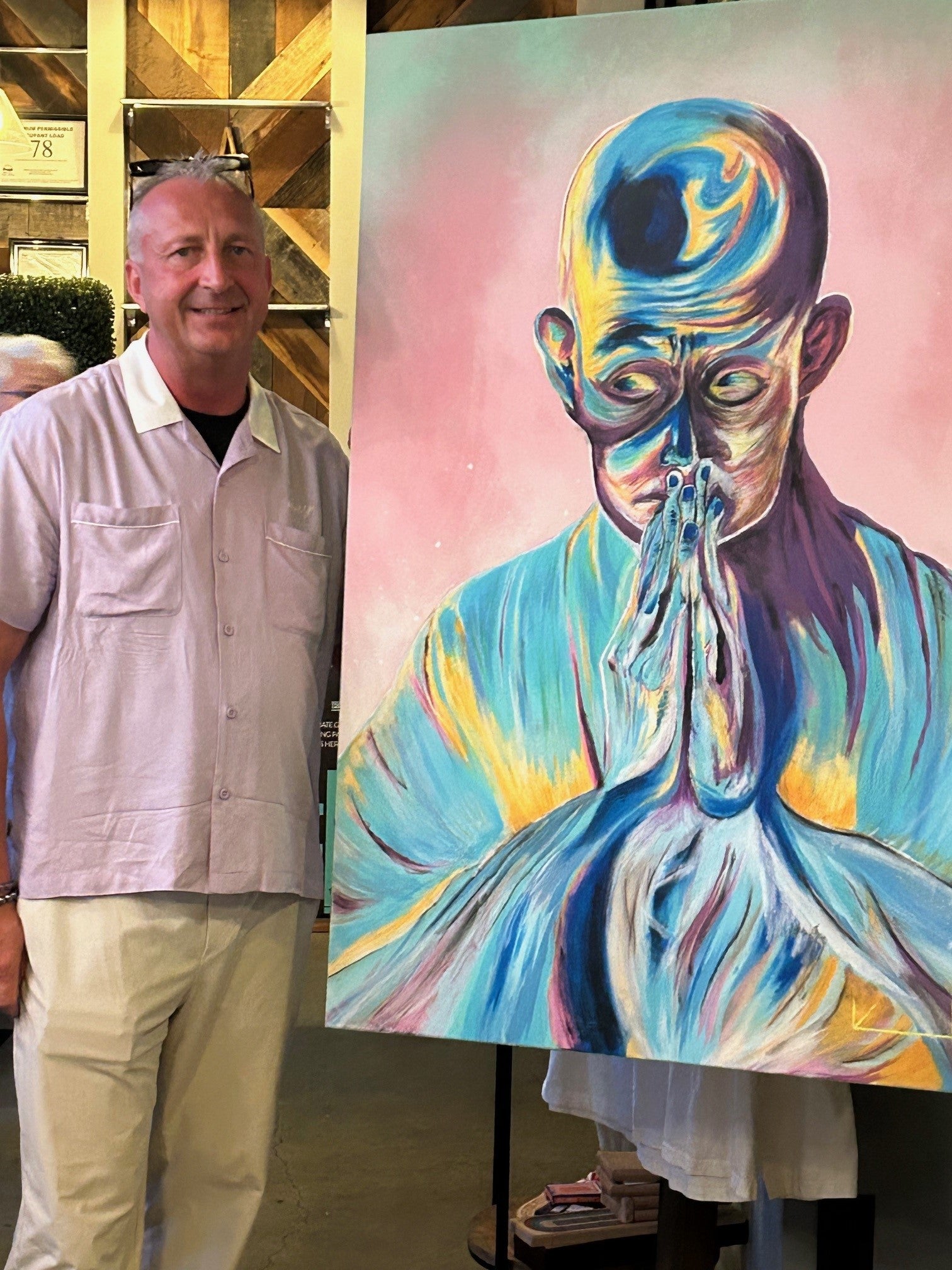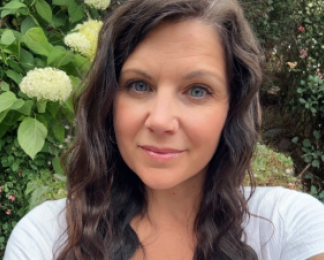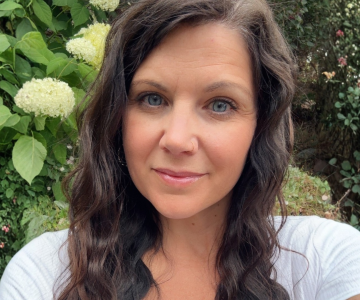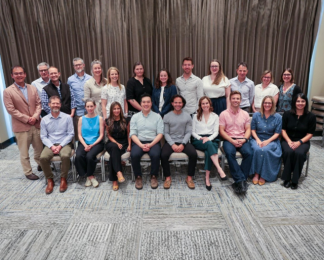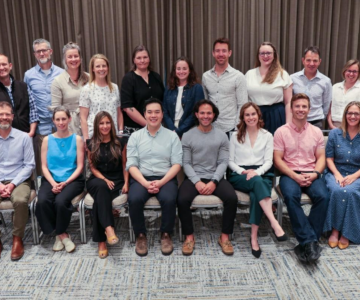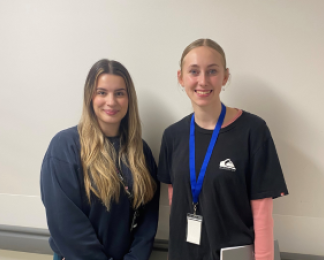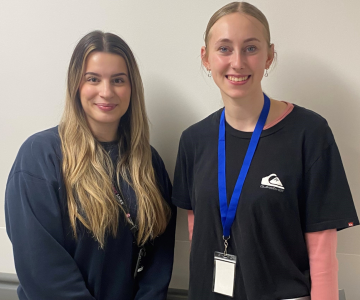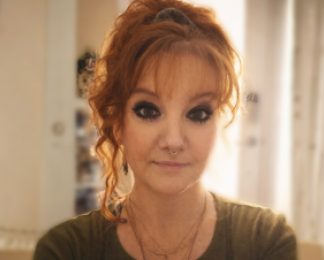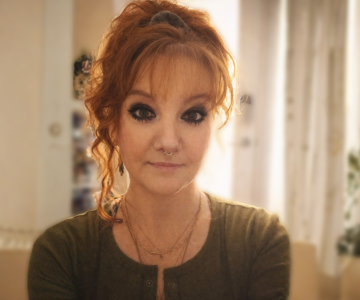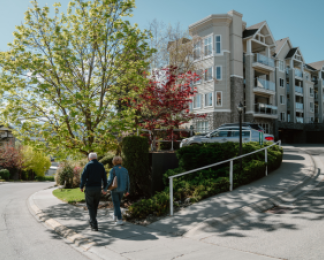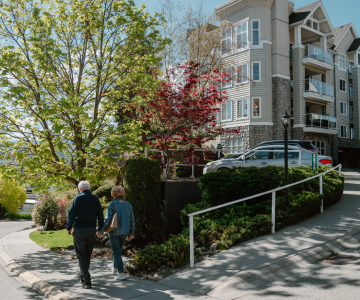*Trigger warning: This story deals with suicide and post-traumatic stress disorder (PTSD).
Orion remembers everything about the day the tsunami struck Thailand on December 26, 2004. He remembers what he was wearing, what he ate at every meal, and every person he interacted with.
“I saw a lot of people die,” Orion recalls. “And on that day, I saw devils and angels. But sadly, it was mostly devils. Some people were kind and positive. But I’d say most – and by most, I mean the tourists – behaved poorly and selfishly. People were scared. People were raw.”
Orion returned home to Calgary, awash with survivor’s guilt. For two months, friends and family members called or visited. “It was emotionally overpowering. Everyone wanted to tell me something they always meant to say to me. It was like hearing your own eulogy every day,” shares Orion.
Long before, he had learned to suppress his emotions, and soon stopped talking about his experiences. “I was always known as the calm one in my family,” he says. “I never freaked out. I never got angry.” He developed a severe sleeping disorder and couldn’t get more than four to five hours of sleep a night.
Two years later, in 2006, he started to contemplate suicide. “Counselling back then was almost non-existent. I was a successful businessman and thought I could power through,” he shares. “I don’t recall being depressed or anxious. But I was just so exhausted and couldn’t figure a way out.”

